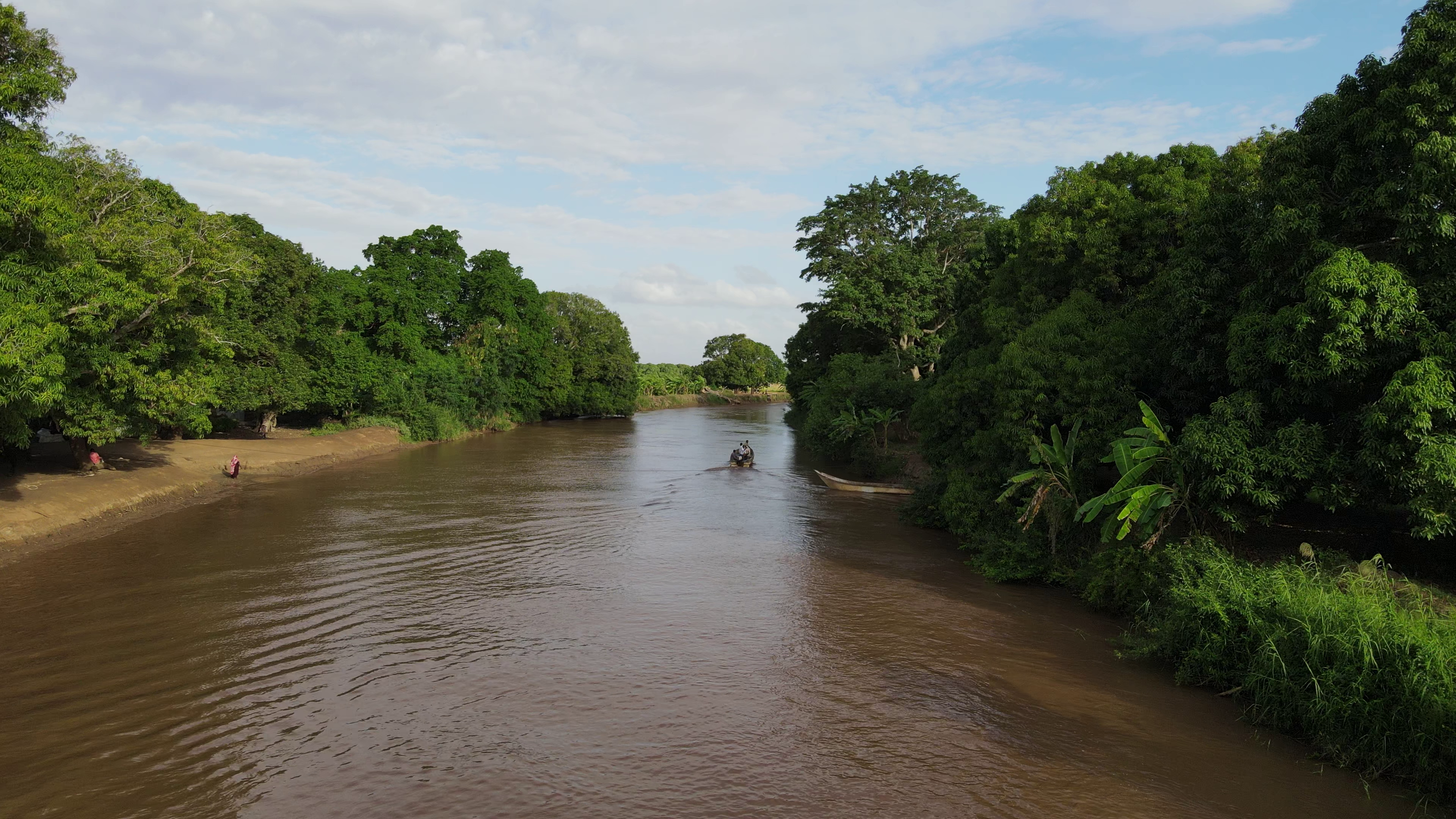Jowhar: The Agricultural Heartland of Somalia
Situated in the south-central region of Somalia, Jowhar is the capital of the Hirshabelle state and a city rich in agricultural heritage and cultural significance. As one of the key agricultural hubs in Somalia, Jowhar plays a crucial role in the country’s economy and food security. This vibrant city, with its fertile lands and resilient population, is a cornerstone of Somali rural life.
Historical Context
Jowhar’s history is intertwined with the development of agriculture in Somalia. The city was founded in the early 20th century by Italian colonists who recognized the potential of the fertile lands along the Shabelle River. The area quickly became a center for agricultural experimentation and production, particularly in growing crops like sugarcane, bananas, and various fruits and vegetables.
Throughout the years, Jowhar has remained a vital agricultural zone. Despite the challenges posed by political instability and conflict, the city’s farmers have continued to cultivate the land, ensuring that Jowhar remains a key provider of food for the region.
Agricultural Significance
Jowhar’s location along the Shabelle River provides it with a significant advantage for farming. The river’s waters are used for irrigation, enabling the cultivation of a wide variety of crops. The fertile soil and favorable climate conditions contribute to high agricultural productivity.
The main crops grown in Jowhar include maize, sorghum, beans, sesame, and various fruits such as mangoes and papayas. The city is also known for its banana plantations, which were once a major export product. Efforts are ongoing to revive and expand banana production to boost local and national economies.
Livestock farming is another important economic activity in Jowhar. Cattle, goats, and sheep are raised for both local consumption and trade. The integration of crop farming and livestock rearing creates a sustainable agricultural system that supports the livelihoods of many residents.

Cultural Heritage
The cultural fabric of Jowhar is deeply rooted in Somali traditions. The city’s residents are known for their strong sense of community and hospitality. Traditional Somali music, dance, and poetry are integral parts of social life in Jowhar. These cultural expressions are not only a source of entertainment but also a means of preserving and transmitting heritage.
One of the notable cultural aspects of Jowhar is its traditional markets, where locals gather to buy and sell agricultural produce, livestock, and handmade crafts. These markets are vibrant spaces that reflect the economic and social dynamism of the city.
Challenges and Resilience
Jowhar has faced numerous challenges, including the impacts of conflict, droughts, and floods. The ongoing instability in Somalia has disrupted agricultural activities and hindered development. However, the resilience of the people of Jowhar is evident in their ability to adapt and persevere.
Efforts by local and international organizations have been crucial in providing humanitarian aid and supporting agricultural development. Programs aimed at improving irrigation infrastructure, providing agricultural training, and enhancing market access are helping to rebuild and strengthen the agricultural sector.
Economic Potential
The economic potential of Jowhar lies in its agricultural productivity and strategic location. Revitalizing the agricultural sector can create employment opportunities, improve food security, and boost the local economy. Investments in infrastructure, such as roads and storage facilities, are essential to support agricultural activities and facilitate trade.
There is also potential for agro-processing industries in Jowhar. Establishing facilities to process and package agricultural products can add value, create jobs, and open up new markets. These industries can play a significant role in diversifying the economy and promoting sustainable development.
Looking to the Future
The future of Jowhar depends on continued efforts to enhance agricultural productivity and promote development. Empowering the youth with education and vocational training is crucial for the city’s progress. Initiatives that support women in agriculture can also have a significant impact, as women play a vital role in farming and household food security.
Strengthening governance and ensuring peace and stability are fundamental for the long-term development of Jowhar. Collaborative efforts between the government, local communities, and international partners are necessary to create an environment conducive to growth and prosperity.
Conclusion
Jowhar is a city that embodies the agricultural heartland of Somalia. Its fertile lands, cultural heritage, and resilient population make it a vital part of the country’s landscape. As Jowhar continues to overcome challenges and embrace opportunities, it stands as a symbol of hope and potential for Somalia. The city’s journey towards sustainable development and prosperity reflects the enduring spirit of its people and their commitment to building a brighter future.
